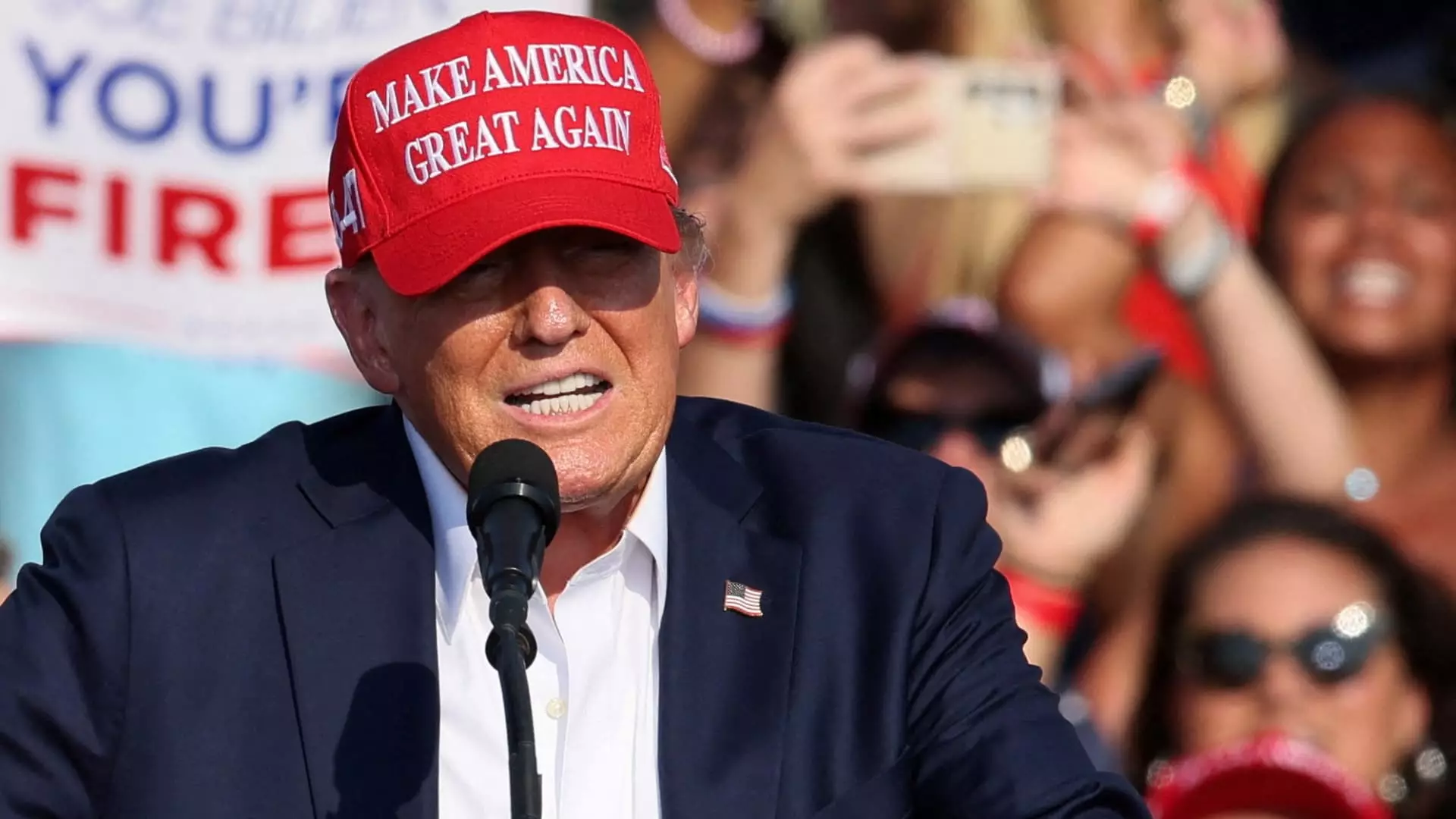Former U.S. President Donald Trump recently made headlines with his remarks regarding Taiwan’s role in paying for its defense against potential Chinese aggression. In an interview with Bloomberg Businessweek, Trump suggested that Taiwan should pay the U.S. for defense, likening the relationship to that of an insurance company. This controversial stance has sparked debate and raised questions about the U.S.’s strategic interests in the region.
Trump also highlighted Taiwan’s prominence in the semiconductor industry, particularly its role in producing cutting-edge chips that are used in various electronic devices. Taiwan Semiconductor Manufacturing Co. (TSMC) is one of the key players in this sector, supplying chips to major American companies like Apple and Nvidia. The rise of Taiwanese firms like TSMC has led to a shift in the global semiconductor market, with Taiwan accounting for a significant portion of chip production.
Concerns Over Taiwan’s Vulnerability
There has been growing concern over Taiwan’s vulnerability to Chinese aggression, especially in light of Beijing’s claims of reunification with the island. The concentration of chip manufacturing in Taiwan has only added to these concerns, as any disruption to production could have far-reaching implications for the global supply chain. TSMC Chair Mark Liu’s statement about the company’s factories becoming “not operable” in the event of a Chinese invasion underscores the potential risks involved.
In response to these challenges, the Biden administration has been working to bring more chip manufacturing back to the U.S. as part of its efforts to safeguard national security and reduce reliance on foreign suppliers. By offering grants and incentives to companies like TSMC and Samsung, the U.S. aims to bolster its domestic chip production capabilities and strengthen its position in the semiconductor industry. Trump’s acknowledgment of Taiwan’s dominance in the chip industry, while critical, also reflects the need for the U.S. to address its own vulnerabilities in this strategic sector.
Trump’s comments on Taiwan’s defense and semiconductor industry have shed light on the complex dynamics at play in the region. As tensions between the U.S., China, and Taiwan continue to escalate, it is crucial for stakeholders to carefully assess the implications of these developments and work towards a more sustainable and secure future for all parties involved.

Leave a Reply